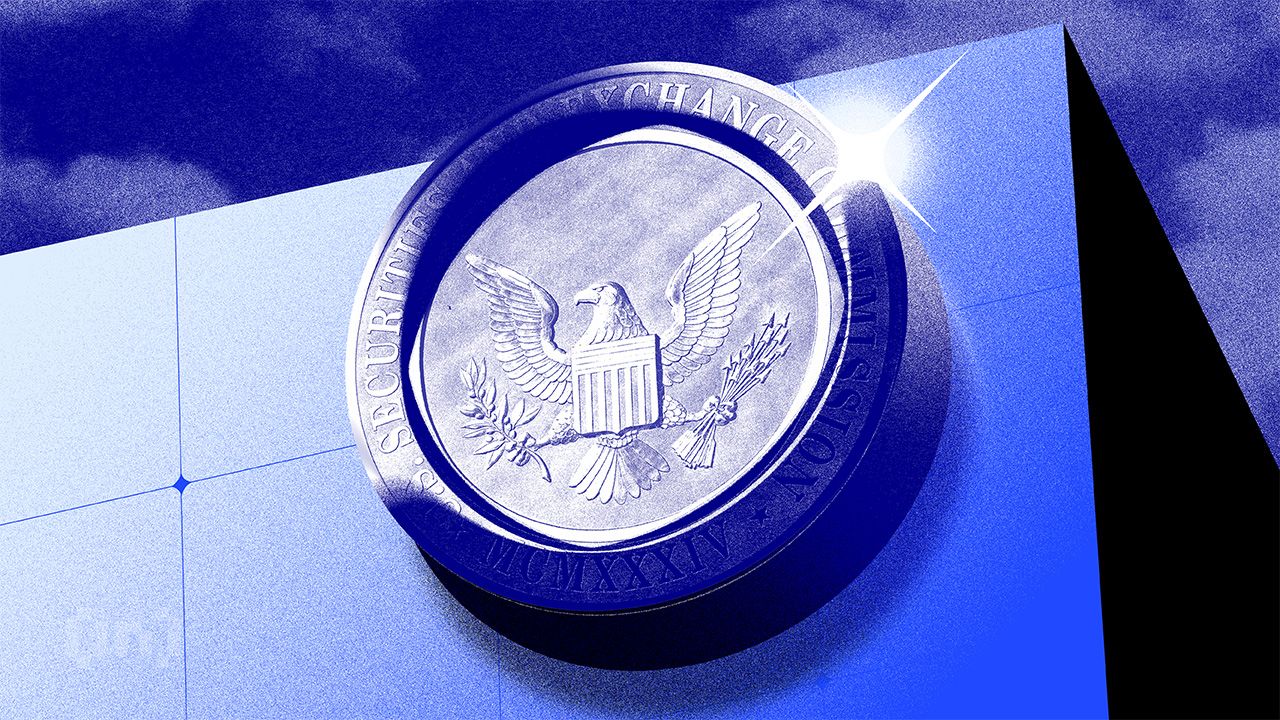Stablecoin infrastructure provider Zerohash has obtained a license under the European Union’s Markets in Crypto-Assets Regulation. The license allows the company to offer stablecoin services across the EU. Zerohash is among the first infrastructure providers to receive such authorization.
Digital assets meet tradfi in London at the fmls25
Mastercard is reportedly in advanced discussions to acquire Zerohash for between $1.5 billion and $2 billion, according to sources cited by Fortune. If the deal proceeds, it would represent a move into the stablecoin sector. Both companies declined to comment.
Zerohash Secures EU License
Zerohash provides blockchain infrastructure and stablecoin Stablecoin Unlike other cryptocurrencies like Bitcoin and Ethereum, stablecoins are cryptocurrencies that have been designed to keep a stable value. Placing a greater emphasis on stability over volatility can be a huge draw for some investors. Many individuals can be turned off from large swings and uncertainty presented by cryptos relative to other traditional assets.Stablecoins control for this volatility by being pegged to another cryptocurrency, fiat money, or to exchange-traded commodities, including Unlike other cryptocurrencies like Bitcoin and Ethereum, stablecoins are cryptocurrencies that have been designed to keep a stable value. Placing a greater emphasis on stability over volatility can be a huge draw for some investors. Many individuals can be turned off from large swings and uncertainty presented by cryptos relative to other traditional assets.Stablecoins control for this volatility by being pegged to another cryptocurrency, fiat money, or to exchange-traded commodities, including Read this Term services to financial firms. The startup recently raised over $104 million, valuing it above $1 billion. It partners with organizations including Morgan Stanley and Interactive Brokers.
- Hong Kong Pushes Tokenisation as Regulators Ease Rules on Crypto Assets
- XRP Surpasses $2.50; Analysts Forecast Near-Term Altcoin Recovery
- Data Scientist Unlocks 9 Million AUD Crypto for AFP Investigation in Australia
Zerohash Europe said it secured a license from the Dutch Authority for the Financial Markets. This approval allows the company to offer stablecoin and crypto services to banks, fintech firms, and payment platforms across the 30 European Economic Area countries.
Stablecoin Payments Expand Across Mastercard Network
Separately, Mastercard and MoonPay have launched a partnership to support stablecoin payments across Mastercard’s network. Financial firms and fintechs can issue cards linked to users’ stablecoin wallets, allowing real-time spending.
Stablecoins convert automatically to local currency at over 150 million Mastercard locations.
The system supports international payments, gig worker disbursements, and underbanked users. Mastercard is also testing tokenization Tokenization Tokenization represents the process of substituting a sensitive data element with a non-sensitive equivalent, i.e. token, which bears no extrinsic or exploitable meaning or value. In essence, the rights to the ownership of an asset are converted into a digital token. Tokenization can be used to own an entire unit of an asset. For example, one token that represents the ownership of a piece of real estate or to split ownership of a single unity of an asset such as 200,000 tokens, each one represen Tokenization represents the process of substituting a sensitive data element with a non-sensitive equivalent, i.e. token, which bears no extrinsic or exploitable meaning or value. In essence, the rights to the ownership of an asset are converted into a digital token. Tokenization can be used to own an entire unit of an asset. For example, one token that represents the ownership of a piece of real estate or to split ownership of a single unity of an asset such as 200,000 tokens, each one represen Read this Term and biometric authentication to improve security during online payments.
Smaller Firms Face Challenges Under MiCA
The MiCA regulation imposes compliance requirements on service providers, issuers, and exchanges across the EEA. Well-capitalized firms are adapting, while smaller players face challenges.
MiCA has affected stablecoins, with compliant issuers like Circle gaining share as non-compliant tokens are delisted. Experts say the rules may drive market consolidation, favor prepared firms, and increase sector stability, influencing investment flows, operations, and competition across Europe.


